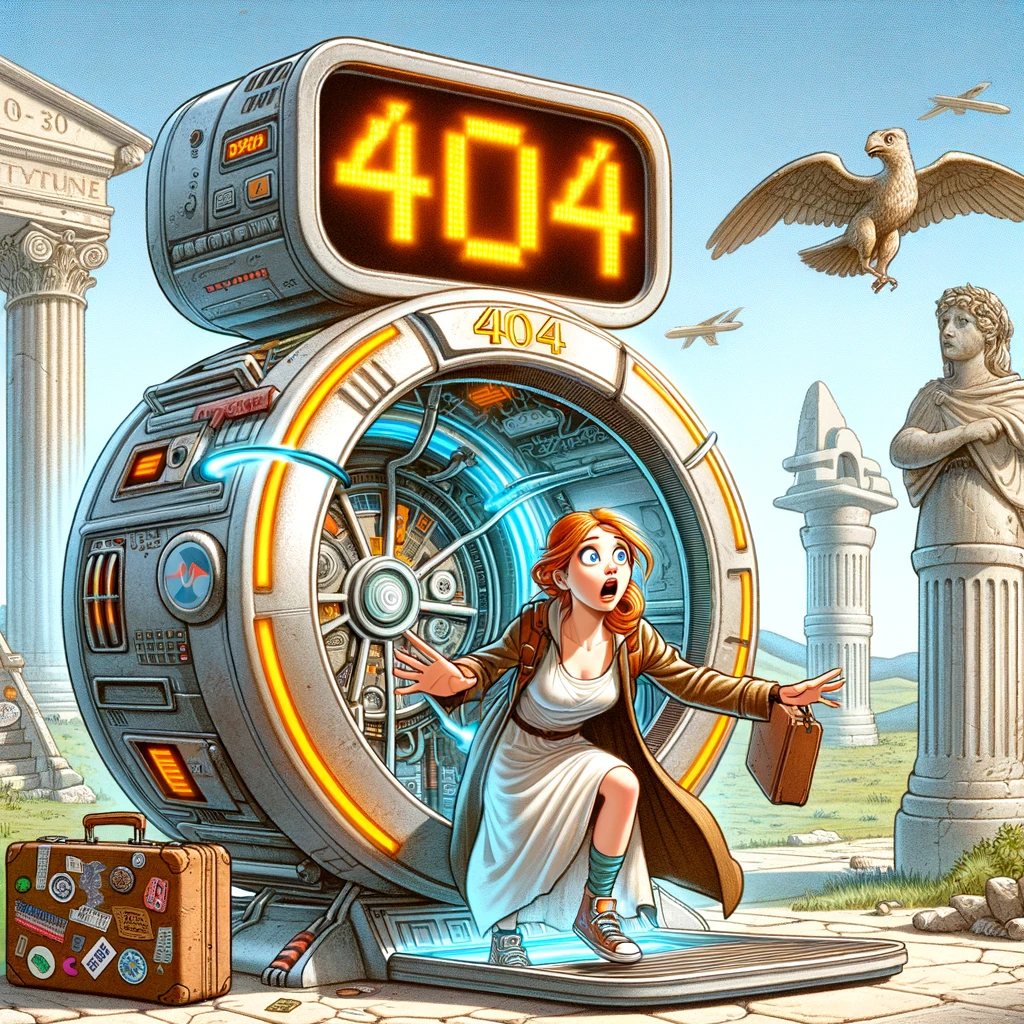
Welcome, time traveller!
We recently made some changes to our web site which means the page you are looking for is available in the past, or future, but not right now.
The great news is that I’ve saved you from reading something that was probably out of date or not very interesting.
The best advice I have is to use the links at the top of the page to find something else to look at.
See you another time!
